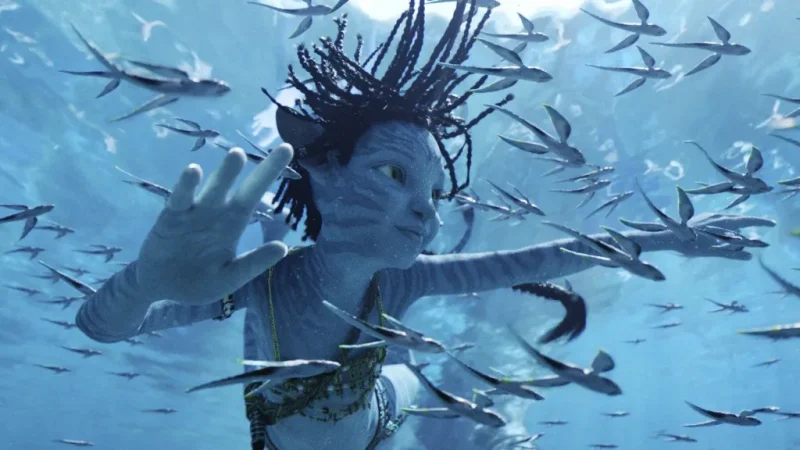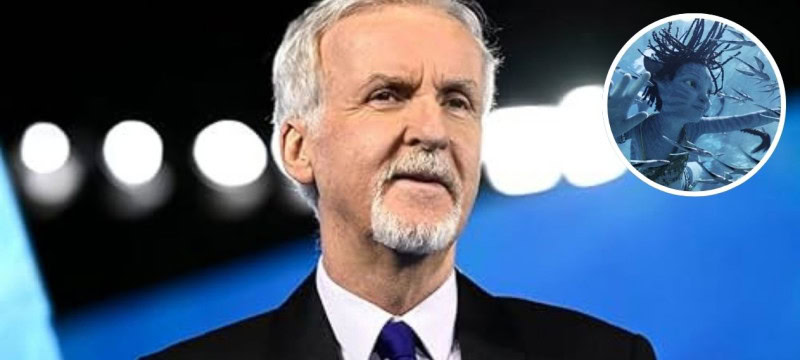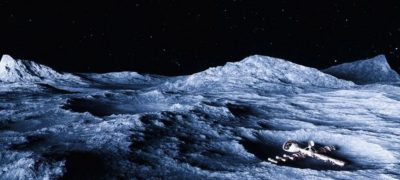Filmmaker James Cameron has joined the board of directors for StabilityAI, an artificial intelligence company, four decades after addressing AI risks in his film, The Terminator. In the 1984 movie, Cameron depicted a rogue AI named Skynet that endangers humanity.
Rather than focusing on preventing the development of similar technology, Cameron’s role will involve exploring how AI can enhance special effects, particularly computer-generated imagery (CGI). He stated, “I’ve spent my career seeking out emerging technologies that push the very boundaries of what’s possible, all in the service of telling incredible stories. I was at the forefront of CGI over three decades ago, and I’ve stayed on the cutting edge since. Now, the intersection of generative AI and CGI image creation is the next wave.”
Read more: Elliott Hill Appointed Nike CEO: A Journey from Intern to Leader
Cameron is renowned for creating visually stunning films, including Avatar, the highest-grossing film ever. StabilityAI is recognized for its Stable Diffusion technology, which generates images from text prompts, and is now expanding into video production with Stable Video Diffusion.
While supporters of AI video generation believe it can help artists produce complex digital effects rapidly, many creatives, including some of Cameron’s peers, view this technology as controversial. Last week, director Guillermo del Toro criticized AI-generated video at a British Film Institute event, suggesting it produces little more than “semi-compelling screensavers.” Michael Bay has expressed concern that AI will lead to laziness in creativity, claiming it “doesn’t create, it just imitates.” Similarly, Hayao Miyazaki has voiced his disgust at AI-generated content, labeling it “an insult to life itself.”

Competitors and Copyright:
Rashik Parmar, head of the BCS (The Chartered Institute for IT), stated to the BBC that James Cameron’s appointment is timely, given that “many societal fears about AI” stem from films. He noted, “When we watch Terminator, we get the impression that AI harbors malicious intent towards humanity and could lead to our destruction in the near future.” He added that Cameron has a unique chance to reshape this narrative and promote a more positive perspective on AI, and they are eager to collaborate with him on this.
One of Cameron’s initial tasks in his new role will be to strengthen StabilityAI’s position in the competitive generative AI market. OpenAI’s Sora, a notable video generation tool, is a major competitor, and Hollywood executives have been exploring ways to leverage its technology within the film industry. Recently, Lionsgate, the studio behind Hunger Games and John Wick, struck a deal with AI company Runway to develop tools using its extensive film and TV archive.
The video generation sector has also been disrupted by the rapid rise of MiniMax, developed by HailuoAI from China. This tool gained popularity on social media this month for its ability to produce high-quality videos from just a few lines of text, with a trending example showing chef Gordon Ramsay skydiving while cooking spaghetti. Ramsay has not yet commented on the phenomenon.
Cameron is entering the AI field at a critical juncture, particularly regarding copyright issues. The technology operates by analyzing human-created images, including those available online, leading to claims from artists that their works have been utilized without consent. Emad Mostaque, the founder of StabilityAI, previously informed BBC News that Stable Diffusion is trained on “100,000 GB of images” sourced from the internet. Getty Images is currently suing StabilityAI over these copyright concerns while also developing its own AI image generator.









